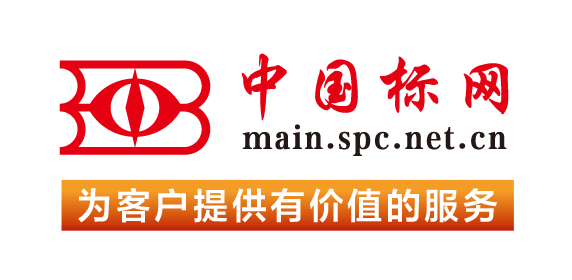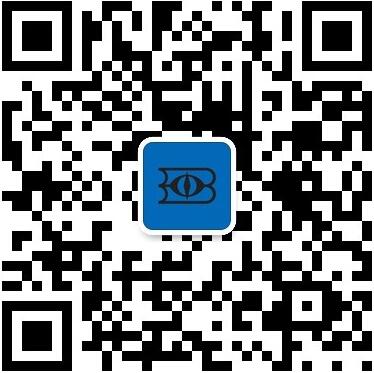The standard establishes access control requirements for blockchain systems. The standard addresses the following access control attributes of the system, including but not limited to: a) Node permissions--The permissions of block generation, block synchronization, block verification and broadcasting, and sending transactions. b) Smart contract access permissions--Interface access control, user access control, and hybrid access control. c) User permissions--Registered user permissions and… read more unregistered permissions. The concept of role is applied to differentiate the permissions of registered users, which means permissions vary according to the role of a user. d) Global permissions--User access to deploy smart contracts, and to read smart contracts. read less
The standard establishes access control requirements for blockchain systems. The standard addresses the following access control attributes of the system, including but not limited to: a) Node permissions - the permissions of block generation, block synchronization, block verification and broadcasting, and sending transactions. b) Smart contract access permissions - interface access control, user access control, and hybrid access control. c) User permissions - registered user permissions and… read more unregistered permissions. The concept of role is applied to differentiate the permissions of registered users, which means permissions vary according to the role of a user. d) Global permissions - user access to deploy smart contracts, and to read smart contracts. read less
This document defines a standard for a formal language to specify policies for radio devices that use cognitive patterns in their operating behavior. IEEE Std 1900.5-2011 defines cognitive radios as a type of radio in which the device is aware of the radio's environment (which can include location, time, or other operational parameters related to communication systems) and internal state and can make decisions about the radio operating behavior based on that information and predefined… read more objectives. To facilitate productive, cooperative behavior in a dynamic ecosystem of communicating devices, the process of decision-making in cognitive radios requires dynamically adaptable guidelines, expressed as policies. Adaptive knowledge capturing, organization, representation, and reasoning is required as environmental awareness and dynamic, objective-steered, decision-making cannot be achieved on a basis of static data and procedures. This standard uses ontological modeling in conjunction with logic rules to provide the informational basis for knowledge representation and entailing statements for cognitive radios. Among other desired operating features that provide significant enhancements over classic hardware-defined radios, cognitive radios are capable of dynamically assessing and accessing available spectrum in wireless communications. A set of base policies augmented by dynamic updates serves as foundation for a cognitive behavior. Dynamic updates solicited by the local device or received asynchronously by other remote cognitive radios can result in local policy and data amendments. Evidently, cognitive radios need to operate under real-time conditions. Therefore, all computational processes involved in information processing including cognition relevant algorithms and their respective underlying structures are required to facilitate these operating requirements in terms of efficiency and effectiveness. read less
This standard specifies the air interface, including the medium access control layer (MAC) and physical layer (PHY), of combined fixed and mobile point-to-multipoint broadband wireless access (BWA) systems providing multiple services. The MAC is structured to support the WirelessMAN-SC, WirelessMANOFDM, and WirelessMAN-OFDMA PHY specifications, each suited to a particular operational environment.
This standard defines the data access management for identity relationships. With fine-grained identities for users, AI (Artificial Intelligence), sensors and smart devices, data processing and management generate data upon relationships, which provides requirement for authorization, authentication and access control cross systems and entities. Data privacy and protection are involved in the scope of the identity relationship framework. This standard also defines a series of extendable… read more interfaces in id-based relationship inter-operation scenario, to dock third-party utility components like compliance and regulation. read less
This standard defines test logic that can be included in an integrated circuit to provide standardized approaches to: Testing the interconnections between integrated circuits once they have been assembled onto a printed circuit board or other substrate - Testing the integrated circuit itself - Observing or modifying circuit activity during the component's normal operation The test logic consists of a boundary-scan register and other building blocks and is accessed through a test access port (TAP).
This standard develops a methodology for access to embedded instrumentation, without defining the instruments or their features themselves, via the IEEE 1149.1(TM) test access port (TAP) and additional signals that may be required. The elements of the methodology include a description language for the characteristics of the features and for communication with the features, and requirements for interfacing to the features.
The scope of this standard is to define services, operating at the network and transport layers, in support of wireless connectivity among vehicles, roadside devices, and Intelligent Transportation Systems (ITS) devices. The scope also includes aspects of the corresponding architecture related to the use of lower layer underlying wireless communication technologies.
This standard covers the architecture of a dc microgrid for rural and remote applications with a nominal distribution voltage of 48 V. It defines voltage and power quality metrics for power supplied to loads attached to such a microgrid. This standard focuses on the power distribution portion of a microgrid and addresses sources only in the way that they are attached to the grid. It does not impose either minimum or maximum current limits. Users of this standard are responsible for observing… read more all applicable laws and regulations related to power grid and microgrid design, operation, and maintenance. Compliance with the provisions of this standard does not imply compliance to any such legal or regulatory requirements. read less
To develop recommended practices for an Inter-Access Point Protocol (IAPP) which provides the necessary capabilities to achieve multi-vendor Access Point interoperability across a Distribution System supporting IEEE P802.11 Wireless LAN Links. This IAPP will be developed for the following environment(s): (1) A Distribution System consisting of IEEE 802 LAN components supporting an IETF IP environment. (2) Others as deemed appropriate. This Recommended Practice Document shall support the IEEE P802.11 standard revision(s).
 购物车
购物车 400-168-0010
400-168-0010










 对不起,暂未有“access”相关搜索结果!
对不起,暂未有“access”相关搜索结果!













